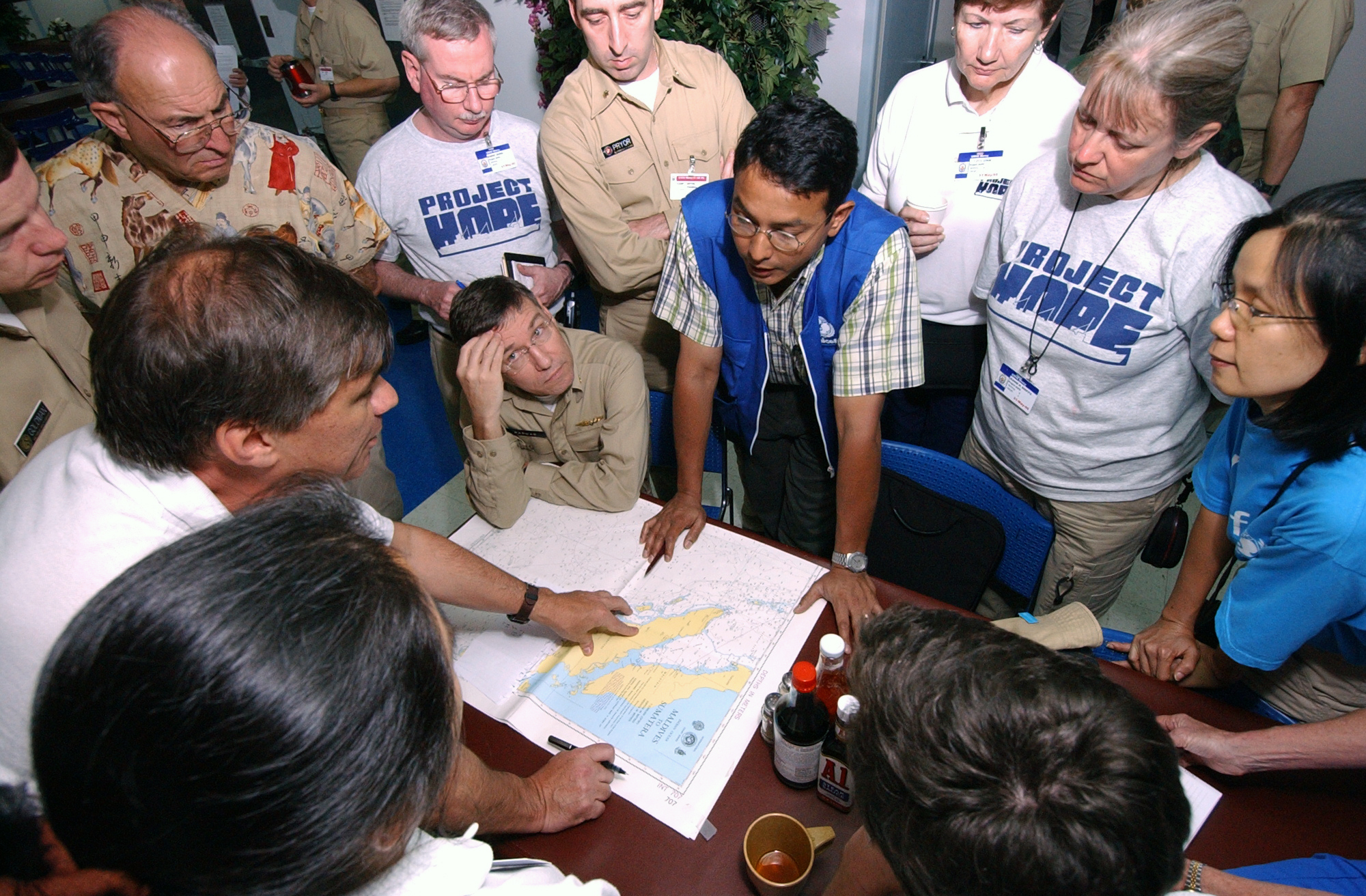Government Grants
Business Grants
Home Owner Programs
Federal Programs
About Us
Network of Community Cohorts for Monitoring Changes in Respiratory Virus Epidemiology (Pandemic Preparedness Cohorts)
At the start of the COVID-19 pandemic, infrastructure for understanding the epidemiology of a rapidly evolving virus in real-time was limited.
Given the long lead time required for the government to start new projects, the CDC harnessed a variety of studies and platforms designed for other purposes to begin collecting the specimen and survey data needed to understand COVID-19 risk, burden, severity, and immunity.
While hospital-based platforms were key to understanding frequency and risk factors for severe disease, community-based platforms were important for understanding viral kinetics, risk factors for infection, transmission dynamics, long-term outcomes, and the impact of vaccination on each of these measures.This funding opportunity would build on the lessons learned during the COVID-19 pandemic and establish a network of community-based cohorts, including diverse age groups (target populations:
younger than 5 years old, 5-17 years old, 18-64 years old, and older than 64 years old), demographic characteristics, and regions in the US, to allow ongoing monitoring of changes in respiratory virus epidemiology in the years following the COVID-19 pandemic.
A consolidated network will be more efficient and cost savings than current disparate mechanism, strengthen communication/collaboration, and enhance CDC's preparedness to quickly obtain data on infection risk, transmission, and effectiveness of preventive measures in response to a novel virus or variant.
Given the long lead time required for the government to start new projects, the CDC harnessed a variety of studies and platforms designed for other purposes to begin collecting the specimen and survey data needed to understand COVID-19 risk, burden, severity, and immunity.
While hospital-based platforms were key to understanding frequency and risk factors for severe disease, community-based platforms were important for understanding viral kinetics, risk factors for infection, transmission dynamics, long-term outcomes, and the impact of vaccination on each of these measures.This funding opportunity would build on the lessons learned during the COVID-19 pandemic and establish a network of community-based cohorts, including diverse age groups (target populations:
younger than 5 years old, 5-17 years old, 18-64 years old, and older than 64 years old), demographic characteristics, and regions in the US, to allow ongoing monitoring of changes in respiratory virus epidemiology in the years following the COVID-19 pandemic.
A consolidated network will be more efficient and cost savings than current disparate mechanism, strengthen communication/collaboration, and enhance CDC's preparedness to quickly obtain data on infection risk, transmission, and effectiveness of preventive measures in response to a novel virus or variant.
Related Programs
Prevention of Disease, Disability, and Death through Immunization and Control of Respiratory and Rel
Department of Health and Human Services
Agency: Department of Health and Human Services
Office: Centers for Disease Control and Prevention - ERA
Estimated Funding: $95,250,000
Office: Centers for Disease Control and Prevention - ERA
Estimated Funding: $95,250,000
Who's Eligible
Obtain Full Opportunity Text:
Please click here to view the solicitation.
Additional Information of Eligibility:
All categories of U. S. institutions are eligible to submit proposals in response to this NRA (see solicitation for details).
NASA's policy regarding non-U. S. organizations is to conduct research on a cooperative, no exchange of funds basis (see solicitation for details).
Proposers must be affiliated with an institution at https://nspires.nasaprs.com.
Full Opportunity Web Address:
https://nspires.nasaprs.com/external/solicitations/summary.do?solId={467D3677-A1E4-7369-3FF2-E0FE15E7B326}&path=&method=init
Contact:
Agency Email Description:
JBankhead@cdc.gov
Agency Email:
Date Posted:
2023-12-14
Application Due Date:
Archive Date:
2024-03-21
Social Entrepreneurship
Spotlight
When it Comes to Social Enterprises, Failure is the Best Platform for Innovation

In the world of social enterprises, failure is a cringe-worthy moment nobody wants to talk about. But, social entrepreneurs can benefit from their failures.

